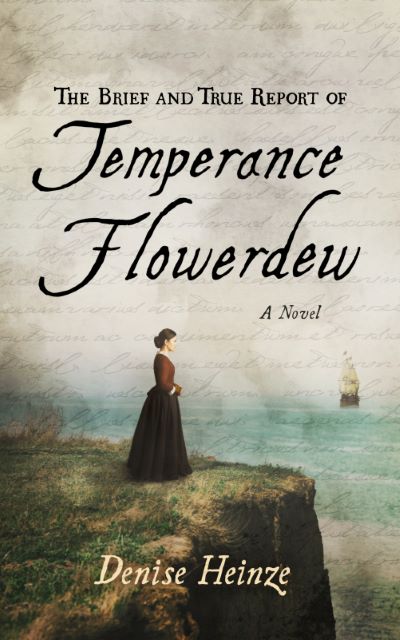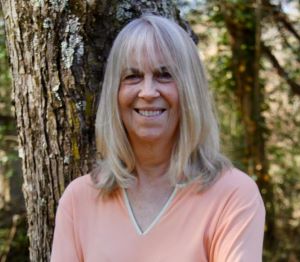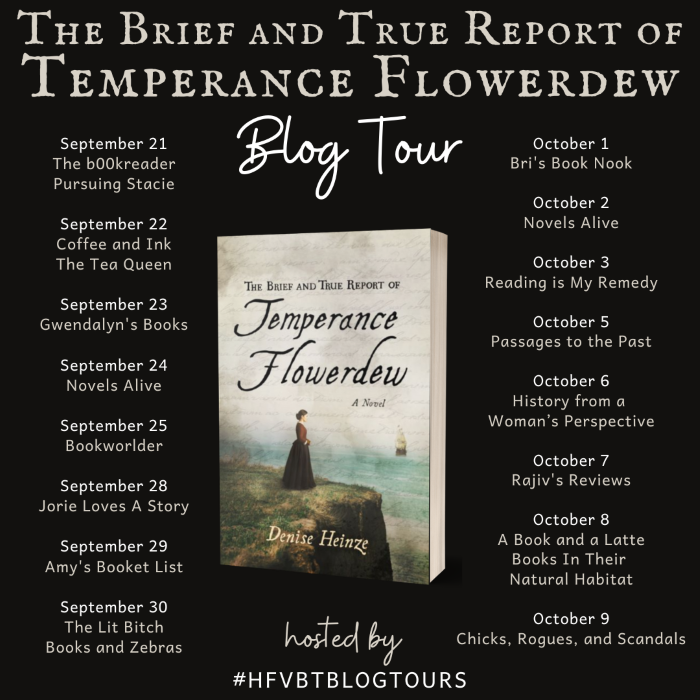Updates on my writing, current books I am reading, and the cups of tea that accompany my daily adventures :)
Saturday, September 26, 2020
Friday, September 25, 2020
First Line Fridays
Tuesday, September 22, 2020
The Brief and True Report of Temperance Flowerdew - Spotlight Book Tour

The Brief and True Report of Temperance Flowerdew
by Denise Heinze
Amazon | Barnes and Noble | IndieBound

Website | Facebook | Twitter | Goodreads
Heeding the Voices: Tales of the Creative Process
Nearly halfway into my novel, The Brief and True Report of Temperance Flowerdew, writing in a white heat and full steam ahead, the most remarkable thing happened. I started hearing voices.
I pulled up short, mid-sentence, and instead of panicking, said, “huh.” After all, I figured, many writers, some famous, have reported the sudden onset of unexplained phenomenon during the creative process. Muses, automatic writing, channeling, even an occasional doppelganger, all have been credited with giving it up for writers. Rather than scoff at these reports, I was invariably chagrined by them, wishing more times than I care to count, that something would --whoosh--grab hold of my hand and crank out, say, a doctoral dissertation.
It never happened, and I trudged ahead the old-fashioned way, putting on paper what popped into my single, solitary mind. But then, there I was, zeroed in on 17th Century Jamestown and its two principle characters, Temperance and her servant girl, Lily, when the first voice said faintly, timidly, “Tell my story.” The voice immediately conjured a faint image in my mind’s eye of a Jamestown settler I’d read about in the course of my research who’d met a tragic ending. I swatted him and his plaintive whine away and forged ahead. I knew where this novel was going from start to finish, what would happen, and how it would all play out. I would not be distracted or derailed.
But then, it happened again, louder, like a child chiding an inattentive mother. “Tell my STORY.” This time, I sat back, took a breath. Maybe I could fit this fellow in; he would add depth and color to the novel, a dash of nuance. “Nah,” I concluded. “Stay the course.” Unified, focused, resolute. Or so I thought. The story, which had heretofore unfolded effortlessly, suddenly came to a screeching halt. Something--or someone-- was missing. Temperance and Lily were fully realized, but the story itself felt thin, one-dimensional. That’s when I heard the voice a third time, like a Silver Alert. “TELL MY STORY!” I gave in. The author-whisperer got a chapter.
I thought that would be the end of it. Instead, it opened the floodgates. At critical junctures in the novel, I heard other voices, exhorting me to tell their story. An agoraphobic sentry. A lay preacher besotted with the Powhatan chief’s wife. The Puritan beauty married to a debased tragedian. An epicurean starving to death. They had not come from thin air. I’d read about them, or settlers like them, in the many firsthand accounts of Jamestown. I knew that by adding them in, the warp and weft of the novel might snag, contort. It might even result in the novel imploding into a cacophony of voices. And yet, I felt compelled to include them. Jamestown in those early years teetered perpetually on the edge of ruin. What saved the settlers was each other, all of them--with few exceptions--engaging in uncommon acts of bravery and courage. Temperance and Lily, though the central figures in the novel, could not, I realized, encapsulate the breadth and scope of the historic settlement alone. They needed help.
In understating these strange visitations, I’d love to cast them as eerie and supernatural, a flash mob of spectral figures from the astral plane. A good psychoanalyst, however, might conclude otherwise-- that in my voracious reading about these early Virginians, I had neatly tucked them away in my subconscious. When the hard drive of my conscious mind crashed (less dramatically known as writer’s block), the cloud of the subconscious stood at the ready. But why I heard that stored data clairvoyantly, and each voice in turn at the most opportune times, is a mystery of the first order, the creative process as part science, part leap of faith, and ever vociferous.
Saturday, September 19, 2020
Friday, September 18, 2020
First Line Fridays











